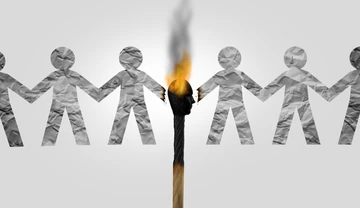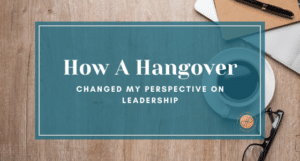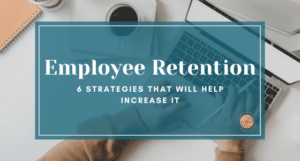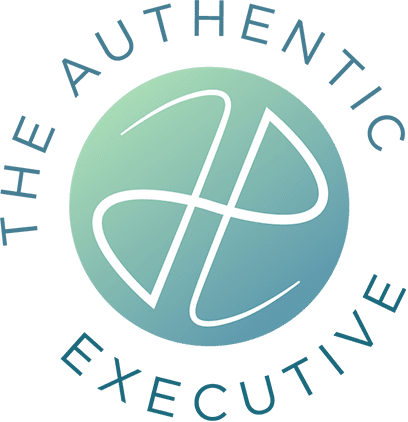
In today’s workplaces, employees AND managers often find a tribe of like-minded people to provide a feeling of belonging and validation. People like us. People who get us and will listen to our stories, defend us, and support our perspectives, beliefs and values. Supporting others in our tribe also feels good, conveying a sense of belonging and helping us maintain our membership in the tribe. In today’s interconnected world where we are constantly rubbing up against people who are different than us, this is more relevant than ever.
As social animals, tribalism is one of our most effective strategies for coping with an uncertain and dangerous world. And we still rely on it today. The question is, which tribe are you, and/or your employees, joining? If the tribe and its perspectives foster collaboration, engagement, trust and teamwork, all is well.
If on the other hand, your perspectives and those of your chosen tribe reinforce feelings of being mis-understood, aggrieved, undervalued, and distrusting, the resulting impacts to the business can be significant and lasting.
There’s no shortage of programs and recommendations for increasing engagement, inclusion, collaboration, and trust in an effort to overcome these dynamics. Often, they rely on managers changing the environment. If employees are already entrenched in a tribe that’s skeptical, sitting back, arms crossed and waiting to see what management does, these efforts are doomed from the start because they’ve failed to account for the powerful confirmation bias and peer pressure that goes with tribalism. This dynamic also often pushes managers to become more entrenched in their own tribe of people who wish their employees “got it.”
Why not try distributing the responsibility. Support everyone in the organization by shedding light on these dynamics. By helping managers AND employees build the inner resilience and emotional intelligence to actually feel less stress and anxiety about change and uncertainty, companies can reduce the need and influence of these tribal dynamics.
Learn more about how the Connection Mindset can help you your organization.




